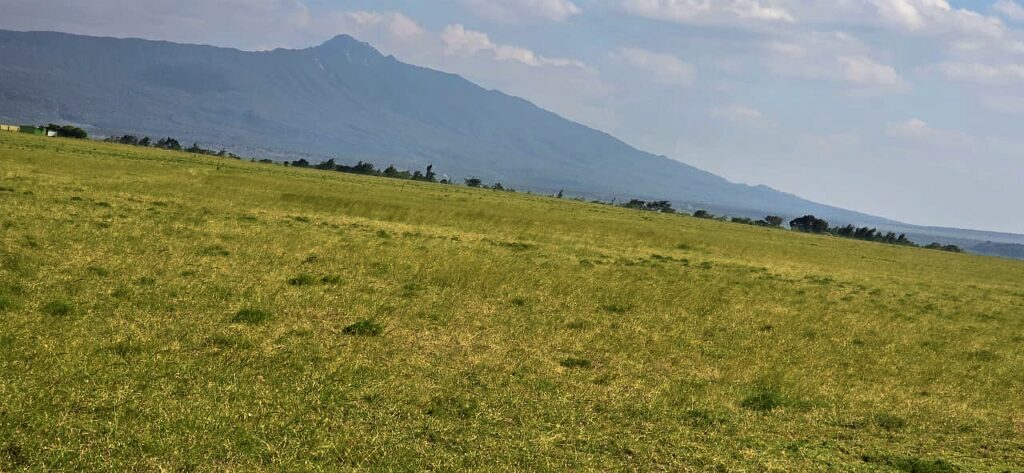available on the
Google Play
Discover the lucrative opportunities and essential steps for investing in the dynamic landscape of Kenyan land.
Kenya’s land market has experienced significant growth over the past decade, driven by economic development, urbanization, and infrastructural advancements. Investors are increasingly attracted to the potential for high returns, especially in rapidly growing towns like Nanyuki, Malindi, and Naivasha.
Opportunities exist in various sectors including agriculture, residential, commercial, and industrial real estate. Understanding market trends—such as population growth, economic policies, and infrastructural projects—can help investors identify lucrative areas. It’s crucial to conduct thorough market research to stay informed about emerging opportunities and potential risks.
The legal framework governing land ownership in Kenya is intricate and requires a clear understanding to navigate successfully. The main laws include the Constitution of Kenya, the Land Act, the Land Registration Act, and the National Land Commission Act. These laws outline the procedures for land acquisition, ownership, and transfer.
Foreign investors should be aware that non-citizens can only hold land on a leasehold basis, not freehold. It’s advisable to engage a knowledgeable local attorney to guide you through the legal processes, ensuring compliance with all regulations and avoiding potential legal pitfalls.
Assessing land value is a critical step in making a sound investment. Key factors to consider include location, accessibility, infrastructure, and future development plans in the area. Proximity to amenities such as schools, hospitals, and shopping centers can significantly impact land value.
Conducting a comparative market analysis (CMA) can provide insights into the fair market value of the land. Additionally, hiring a professional land valuer can offer an accurate assessment and help you make informed decisions. Remember to verify land titles and ensure there are no encumbrances or disputes associated with the property.

The purchase process for land in Kenya involves several steps. First, identify a suitable piece of land and conduct due diligence to verify its authenticity and ownership. This includes obtaining a search report from the Ministry of Lands.
Next, negotiate the purchase price and draft a sale agreement, which should be reviewed by a legal expert. Once both parties sign the agreement, the buyer pays a deposit, usually 10% of the purchase price. The final step involves the transfer of ownership, which includes paying the remaining balance, stamp duty, and registration fees. Ensure all documents are properly filed to avoid future disputes.
To maximize your investment in Kenyan land, consider strategies for long-term growth. One approach is land banking, where you buy land in emerging areas and hold it until its value appreciates. This requires patience and a keen eye for future development trends.
Another strategy is to develop the land, either for residential, commercial, or agricultural purposes. This can significantly increase its value and provide a steady income stream. Additionally, staying updated on government policies and infrastructural projects can help you make timely decisions and capitalize on new opportunities.
For more information call/chat with us today!